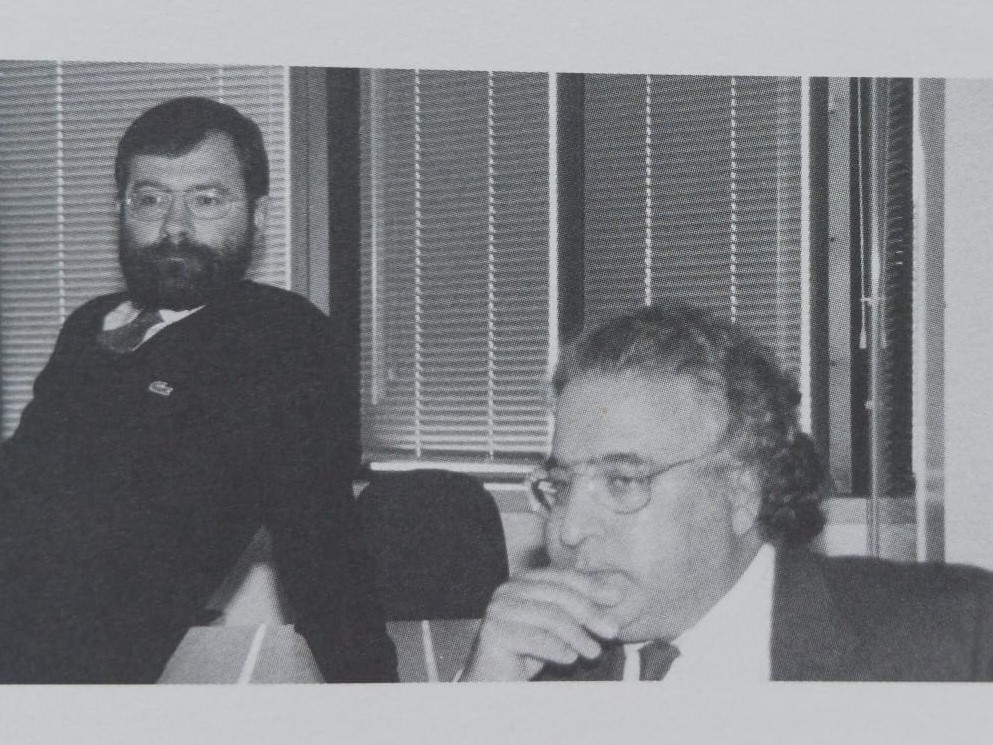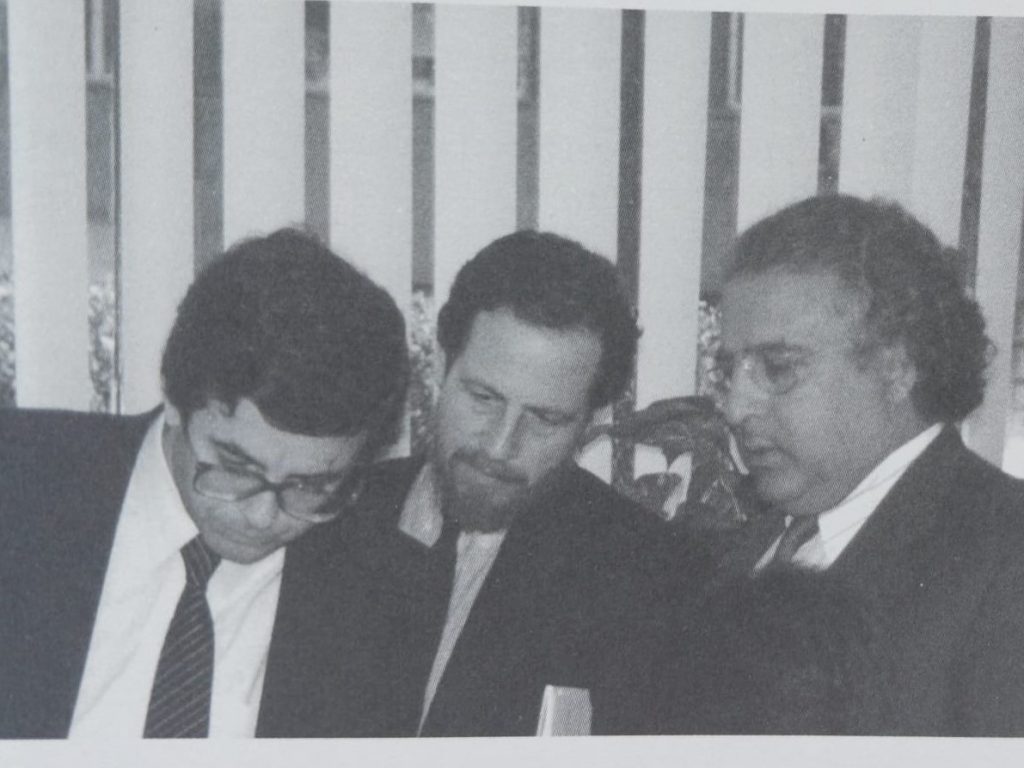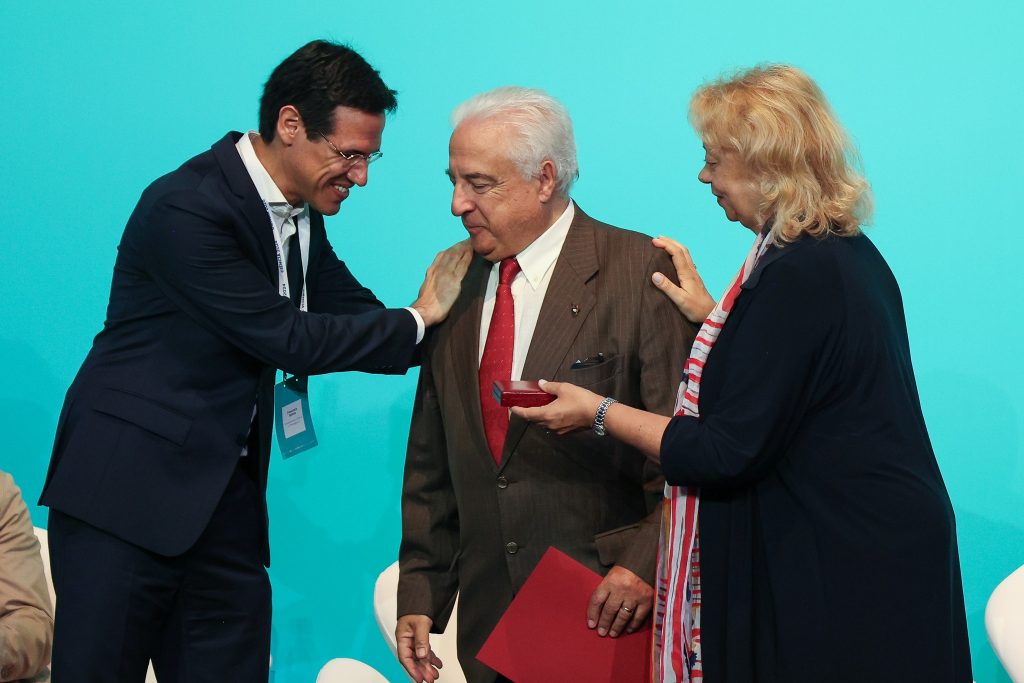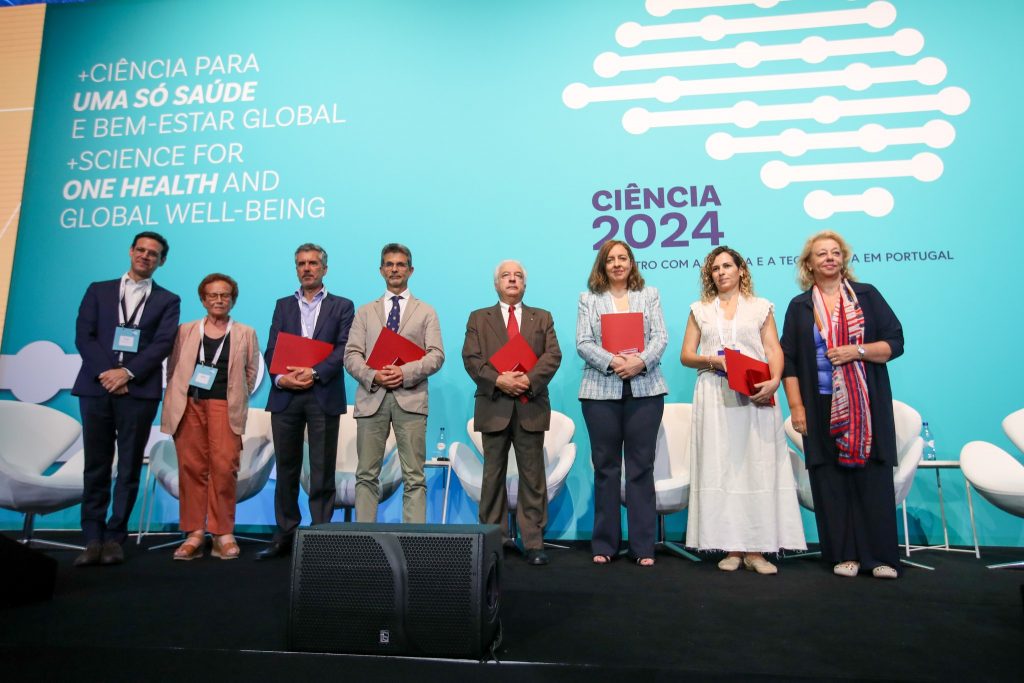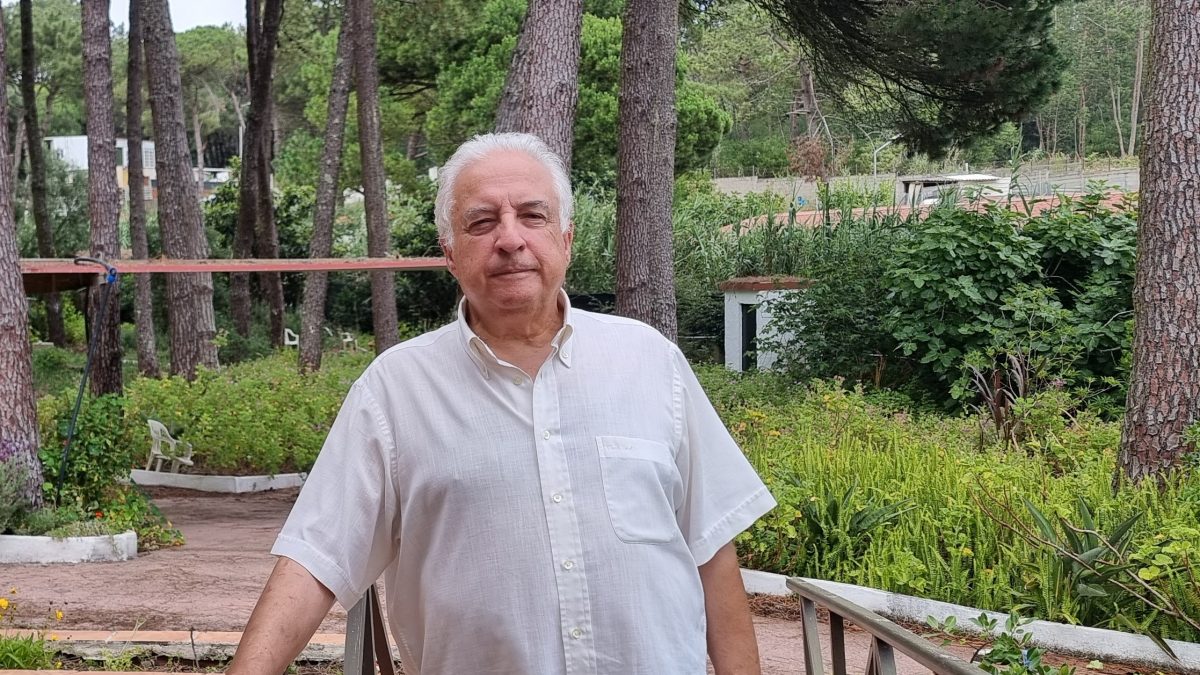
José Tribolet, a visionary shaping INESC’s legacy
José Tribolet’s life is intertwined with the history of INESC. This dedication to science and technology was recognized by Fundação para a Ciência e Tecnologia during Encontro Ciência 2024 with a Scientific Merit Medal.
The idea to create a research institute focused on technology came to him in his twenties, after studying and working at prestigious institutions in the United States: MIT, where he completed a PhD in Electrical Engineering and Computer Science, and Bell Laboratories, where Tribolet worked as a researcher in the acoustics department. “They were engines of technology production, and I grasped what a fully technological university entails,” he recalls.
Upon returning to Portugal, and inspired by the April Revolution four years earlier, Tribolet, along with colleagues João Lourenço Fernandes and José Fonseca de Moura, began conceptualizing a research institution dedicated to R&D in collaboration with Instituto Superior Técnico. In early 1979, the team began seeking funding for projects in electronics, digital systems, and digital signal processing. “I felt obligated to give back to the country what I had learned in the USA, especially at the university. Without investment in research, we cannot develop competent human resources or ensure quality education.” Having come from Bell Labs, the importance of digital transformation became evident.
A year and a half after the inception of the research institution, the association was formally established. It was August 1980, with founding partners IST and UTL from the academic side, and CTT and TLP from the business sector – following a fifty-fifty partnership logic.
Arlindo Oliveira, President of INESC since 2020, succeeding José Tribolet, underscores that “the Medal of Scientific Merit awarded to Prof. José Tribolet not only recognizes his individual contributions as a scientist and researcher, but also his vision and ability to cultivate an ecosystem for scientific research and technological development that has evolved into today’s INESC system.” A vision, he stresses, that has decisively influenced today’s national scientific system, “comprising a network of autonomous and independent institutions with their own strategies and dynamics, which underpin major scientific advances in Portugal.”
In parallel with founding and leading INESC, Tribolet established both the bachelor’s degree in Computer Science and Engineering at IST, in 1989, and the Department of Computer Science and Engineering in 1998, together with colleagues João Pavão Martins and José Alves Marques. As a scientist at INESC-ID, in research area Information and Decision Support Systems, he focused on applying digital signal processing to various fields, including seismic studies, speech coding, and recognition. Later, Tribolet developed an interest in Enterprise Engineering. “The primary concern in any company or organization is purpose. We must ask ourselves, ‘what is our purpose?’”
In 1999, INESC underwent restructuring to establish more focused institutions with distinct and complementary objectives. INESC-ID emerged from this process. “INESC-ID represents a fundamental capacity in research and human capital development in computer science and electrical engineering, contributing directly to applied research, technological development, and services”, Tribolet mentions.
For Inês Lynce, President of INESC-ID, José Tribolet is a “man ahead of his time” who “shaped a generation.” With an unceasingly curious mind, José Tribolet emphasizes that for the future, we must manage virtual spaces alongside legal frameworks to safeguard our reality. Only then can we fully leverage the potential of technologies like AI. “Data is not information, and all data contain errors,” he observes. “Today, we do not fully harness the potential of people within organizations; we often treat them like robots.”
Text by Sara Sá, Science Writer | Communications and Outreach Office, INESC-ID / © 2024 INESC-ID
Images | © 2024 INESC-ID, Book 1980 – 2015 (35 Years of INESC), Encontro Ciência
